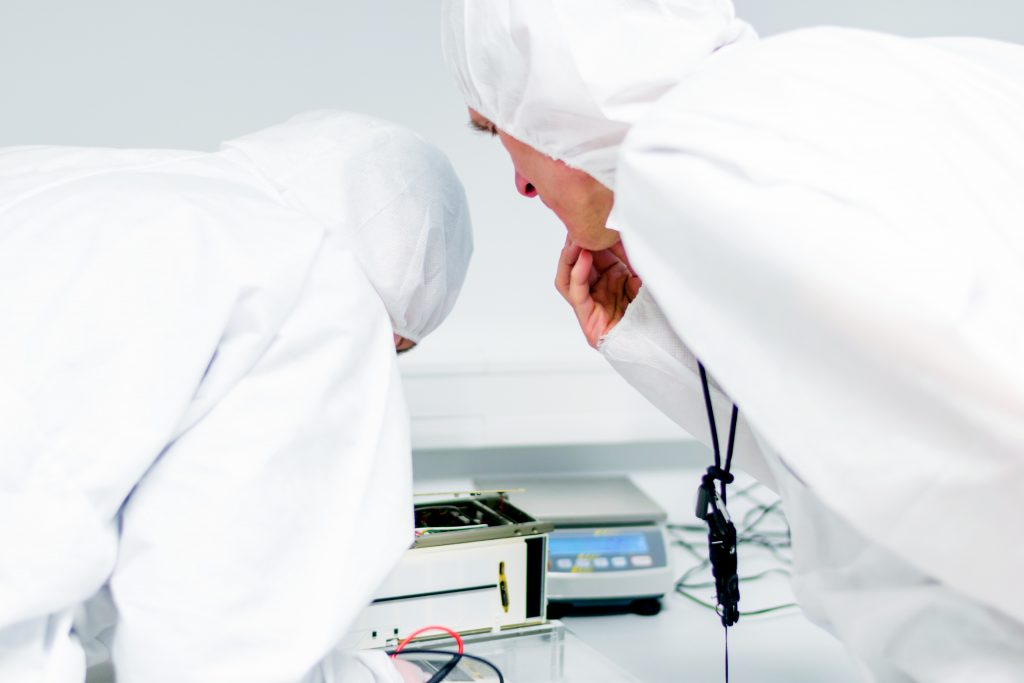- 2020-06-23
The European Space Agency (ESA) has granted 1 million euros to nanosatellite mission integrator NanoAvionics to develop key components for small satellite propulsion systems. The new propulsion technologies, with a thrust of up to 5N, aim to further reduce the cost of small satellite projects while making each satellite more reliable, propellant supply chains safer, and constellations more economical. Based on those components a new generation of propulsion systems for small satellites will be used in future ESA missions, and available to commercial satellite operators across the world.
The first two R&D projects for NanoAvionics by ESA include the development of a miniature latch valve and a double-seat 1N valve for mono-propellant applications. They are a result of the Plan for European Cooperating States (PECS) in Lithuania.
NanoAvionics CEO, Vytenis J. Buzas said: “Designing and developing propulsion components specifically for smallsats, instead of optimising systems based on larger spacecraft, signifies a new paradigm in satellite development. By putting mass efficiency and reliability of satellite components on centre stage it will help to reduce production cost and increase revenues.”
NanoAvionics will also participate, as a partner organisation, in two additional ESA funded satellite technology R&D projects. The first, led by Vilnius University, will develop a resistojet thruster for small satellites that uses water as a propellant. The main advantages of the proposed solution will be the reduction of manufacturing costs, increased efficiency compared to existing low power thrusters and the use of a very safe propellant. The Baltic Institute of Advanced Technologies leads the second project, which will develop an ultra-wideband software-defined radio for space communications. This technology will cover the vast majority of the space communication bands.
“At NanoAvionics we are proud to contribute to Lithuania’s growing cooperation with the European Space Agency. As a leader in nanosatellite technologies, NanoAvionics is well-positioned to support ESA in finding a new and improved solution propulsion technologies for smallsats.”

Funded under the 4th call for outline proposals of PECS, NanoAvionics will develop a miniature latch valve (MLV) to improve the safety and performance of mono-propellant thrusters. Designed to isolate the propellant tank from the thrusters, the MLV’s sealed construction and normally-closed configuration will prevent unwanted leaks of propellant during the satellite’s launch and orbital operations. Under the PECS grant, NanoAvionics will refine and test a prototype, demonstrating the MLV’s utility for use in chemical or electric propulsion systems.
NanoAvionics also received funding under the 5th call for outline proposals of PECS to develop a double-seat 1N valve (DSV) for mono-propellant applications. Intended to reduce the mass and complexity relative to existing valves, the DSV will make propellant supply lines in small satellites safer and more reliable.
As a European Space Agency cooperating state since 2014, Lithuania has fostered closer ties between ESA, the Lithuanian space industry, and the Lithuanian academic community.
The Contract announced above was carried out by the Government of Lithuania through an ESA Contract under the PECS (Plan for European Cooperating States). The views expressed therein can in no way be taken to reflect the official opinions of the ESA.






